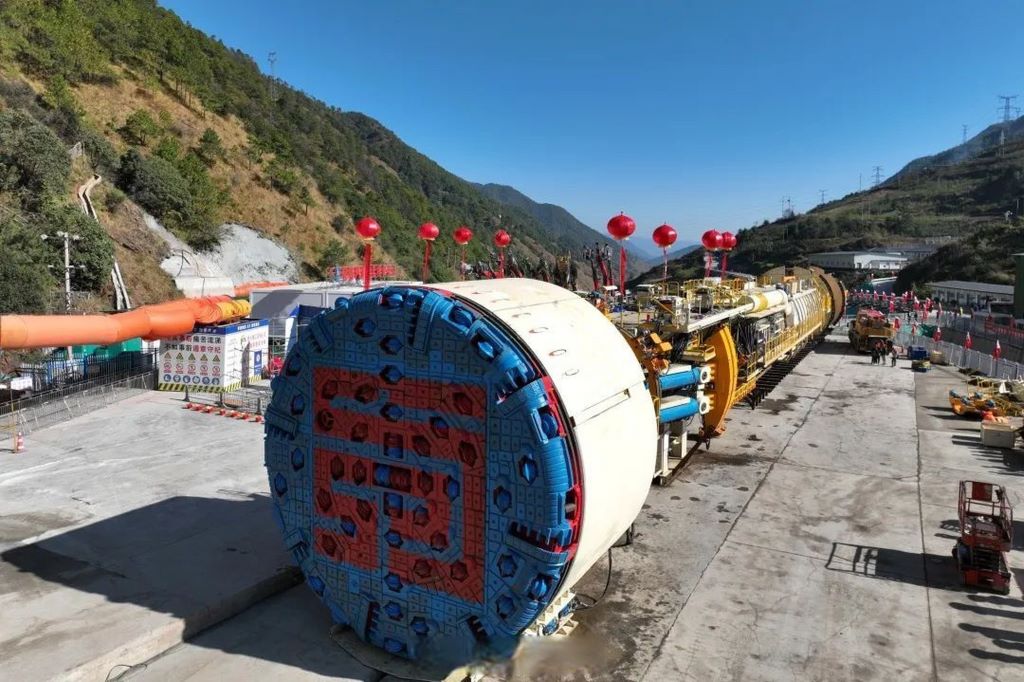Tunnel boring machines (TBMs) are engineering marvels that revolutionize the construction of tunnels, from subway systems to hydroelectric projects. Their ability to excavate through rock and soil with precision and efficiency is unparalleled. However, the cost of these machines can be substantial, and understanding the factors that influence their price is crucial for any project planning. In this article, we will delve into the cost of TBMs and the factors that determine their price.

The Base Cost of a Tunnel Boring Machine:
The base cost of a TBM can vary widely depending on its size, complexity, and intended use. Generally, a small TBM used for utility tunneling can cost around $1 million, while a large TBM for major infrastructure projects can range from $10 million to $25 million.
1. Small TBMs (for smaller tunnels, such as utility or subway tunnels):
- Cost: Approximately $1 million to $10 million.
2. Medium to Large TBMs (for large infrastructure projects like road or rail tunnels):
- Cost: Generally ranges from $10 million to $50 million.
3. Specialized or Very Large TBMs (for major projects like undersea tunnels):
- Cost: Can exceed $50 million and even reach up to $100 million or more.
The world's largest TBM, used in the Alaskan Way Viaduct replacement project, was reported to have cost around $80 million.
Factors Influencing the Cost of TBMs:
1. Size and Capacity: Larger TBMs capable of excavating wider and longer tunnels cost more due to the increased materials, manufacturing, and operational complexities.
2. Customization: TBMs are often customized to suit specific geological conditions and project requirements. Customization can significantly increase the cost, as it involves additional design, engineering, and testing.
3. Geological Conditions: The type of soil or rock that the TBM will encounter can affect its design and, consequently, its cost. Hard rock TBMs, for example, require more robust cutting tools and mechanisms, increasing the price.
4. Technology and Features: Advanced features such as on-board monitoring systems, advanced cutting tools, and safety mechanisms can add to the cost. The integration of these technologies ensures higher efficiency and safety during tunneling operations.
5. Manufacturing and Transportation: The manufacturing cost includes labor, materials, and overhead. Transportation of TBMs, especially to remote locations, can also significantly impact the total cost.
The cost of a tunnel boring machine can be substantial, influenced by various factors including size, customization, geological conditions, technology, and transportation. Understanding these factors is crucial for project managers and engineers in planning and budgeting for tunneling projects. Despite the high initial costs, the benefits of TBMs in terms of speed, precision, and safety make them an invaluable tool in modern infrastructure development.




